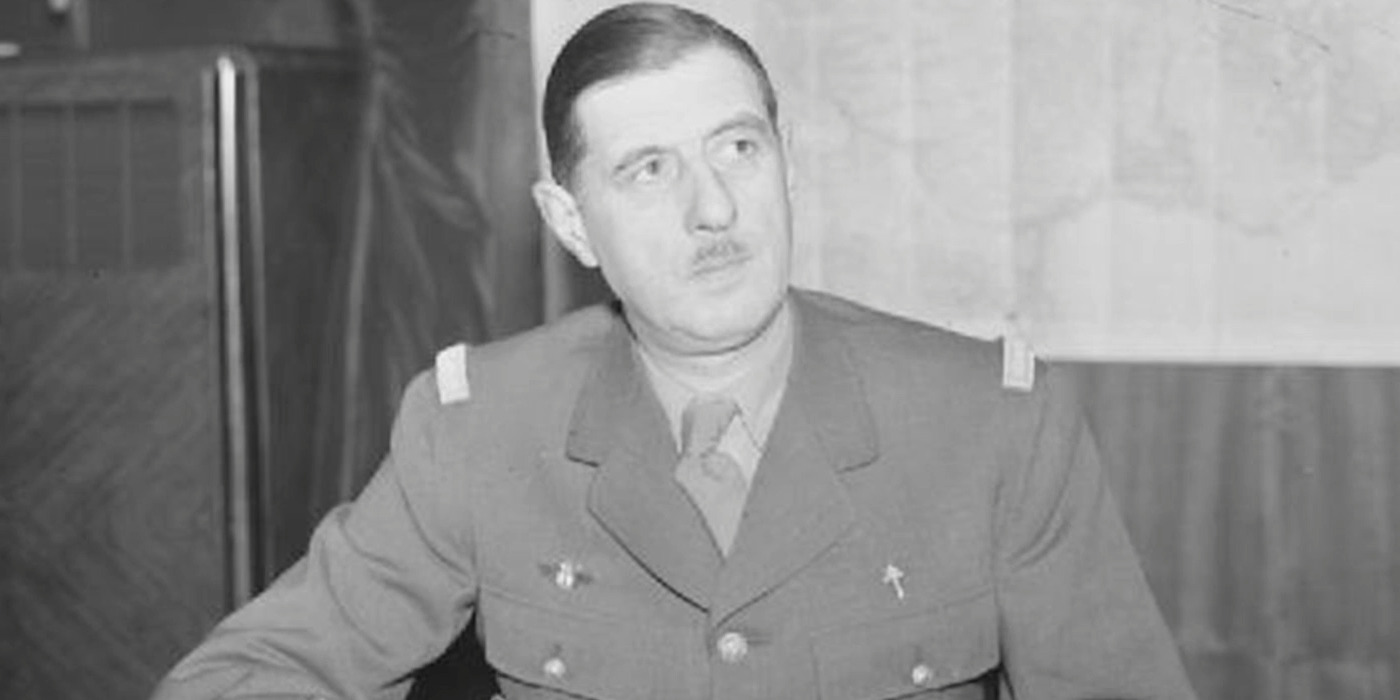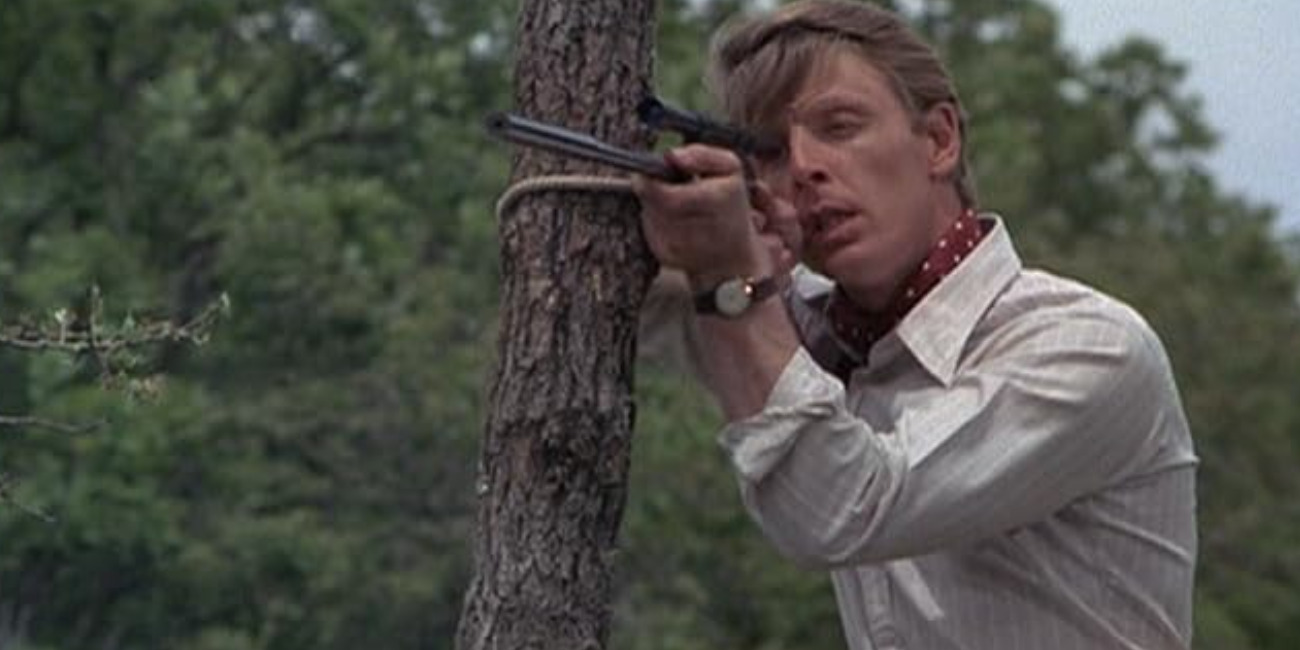
'The Day of the Jackal,' a novel by Frederick Forsyth first published in 1971, is set against the backdrop of significant political upheaval in France during the 1960s. This period was marked by the Algerian War of Independence, which resulted in Algeria breaking away from French colonial rule. The novel opens with a historical event - an assassination attempt on French President Charles de Gaulle by a group known as the Organisation Armée Secrète (OAS). The OAS was a far-right paramilitary group that opposed de Gaulle's decision to grant Algeria independence through the Évian Accords, which led to rising tensions and violent actions against the French government by those who felt betrayed by de Gaulle's policies[2][4][7].
The OAS was determined to eliminate de Gaulle, whom they viewed as a traitor for his efforts towards decolonization. This culminated in the Petit-Clamart attack on August 22, 1962, where gunmen attempted to kill de Gaulle as he was traveling with his wife. Although the attack failed—de Gaulle narrowly escaping with his life—it marked a desperate moment in the efforts of extremists to reclaim French dominance in Algeria[3][5][9]. The failed assassination attempt serves as the inciting incident for Forsyth's fictional narrative.
Evolution of the Assassination Plot

Inspired by the real historical attack, Forsyth imagines a scenario where the OAS, having suffered multiple failures in carrying out their assassinations, resorts to hiring an anonymous British hitman, referred to only as “the Jackal.” Realizing that their organization is heavily infiltrated by French intelligence, the group decides that employing an outsider is their only viable option for success. The Jackal is depicted as a meticulous professional assassin whose careful planning and operational secrecy are central to the plot[1][2][9].
Forsyth builds the narrative around the OAS's hunt for a contract killer, which leads to the Jackal's extensive preparations to execute the assassination. He adopts disguises, acquires weapons, and crafts a detailed plan to evade capture by the French authorities, particularly Inspector Claude Lebel, who has been tasked with identifying and stopping him[4][10]. The cat-and-mouse dynamic between the Jackal and Lebel symbolizes the broader theme of political intrigue, showcasing the lengths to which individuals will go in pursuit of their convictions—whether for power or personal gain[1][4].
Characterization of Key Figures

The juxtaposition of the Jackal's cold calculation with Lebel's earnest dedication reflects conflicting moral codes amid political chaos. De Gaulle’s refusal to alter his public appearances in the wake of threats epitomizes his determination not to appear weak, which further complicates the security efforts[3][5][9]. As Forsyth navigates the tense atmosphere of postcolonial France, he crafts characters that embody the psychological and ethical struggles prompted by radical political ideologies. While the Jackal personifies the mercenary perspective detached from ideological allegiance, Lebel represents the state’s struggle to maintain order and protect its leader[4][10].
The portrayal of de Gaulle parallels real historical opinions; he was a polarizing figure, especially in Britain, where many viewed him unfavorably due to his policies and actions, particularly those regarding European integration[10]. Forsyth's decision to create a British assassin tasked with killing a French president adds layers of complexity to the narrative, as it plays on contemporary sentiments of nationalism and loyalty.
Impact and Legacy of the Novel

Upon its release, 'The Day of the Jackal' received critical acclaim for its detailed and realistic portrayal of the assassination plot and the political environment surrounding it. Forsyth's journalistic background lent authenticity to the story, leading to its status as a classic in the thriller genre[6][8]. The novel's intertwining of fact and fiction not only captivated readers but also challenged them to reflect on the nature of political violence and the ethics of assassination.
Moreover, the book's success prompted various adaptations, notably a 1973 film directed by Fred Zinnemann that closely followed Forsyth’s narrative while achieving cinematic acclaim. The film, along with the novel, has fostered discussions around espionage and political ethics, leaving a lasting impact on both literature and popular culture[2][5][6][7].
In summary, the historical context of 'The Day of the Jackal' underscores its themes of political strife, moral ambiguity, and the personal motivations behind acts of violence. By framing a meticulously crafted story within real historical events, Forsyth invites readers to explore the complexities of identity, loyalty, and the ramifications of political decisions during a tumultuous time in French history.
Get more accurate answers with Super Search, upload files, personalized discovery feed, save searches and contribute to the PandiPedia.
Let's look at alternatives:
- Modify the query.
- Start a new thread.
- Remove sources (if manually added).
- Request a manual search from our human research team.